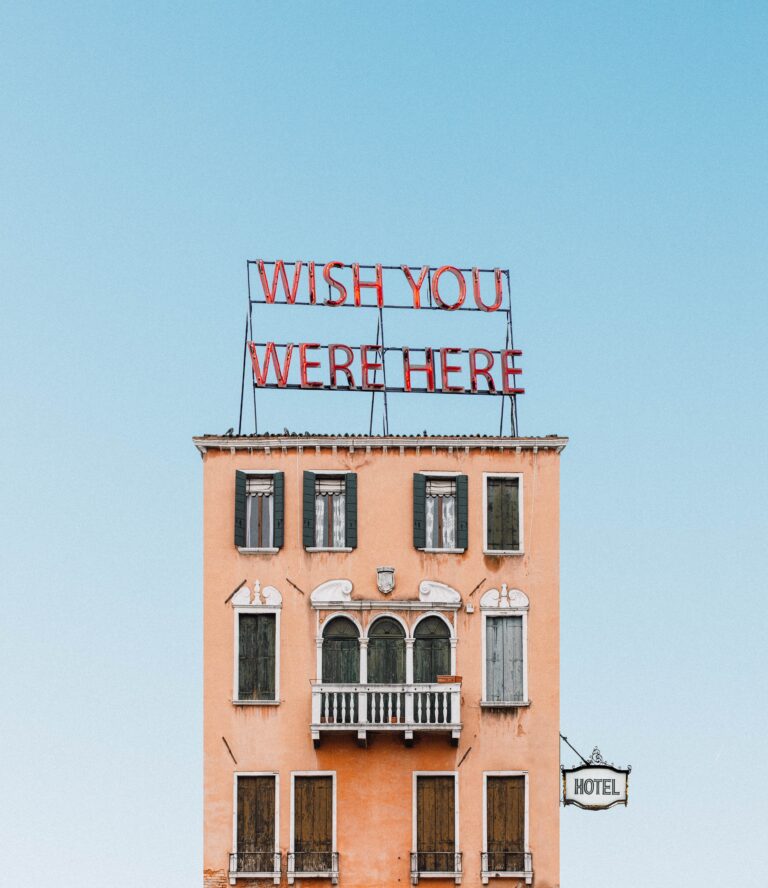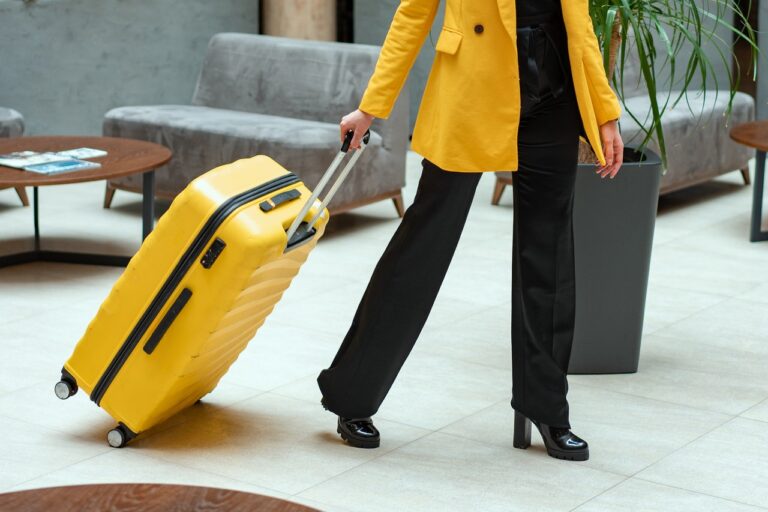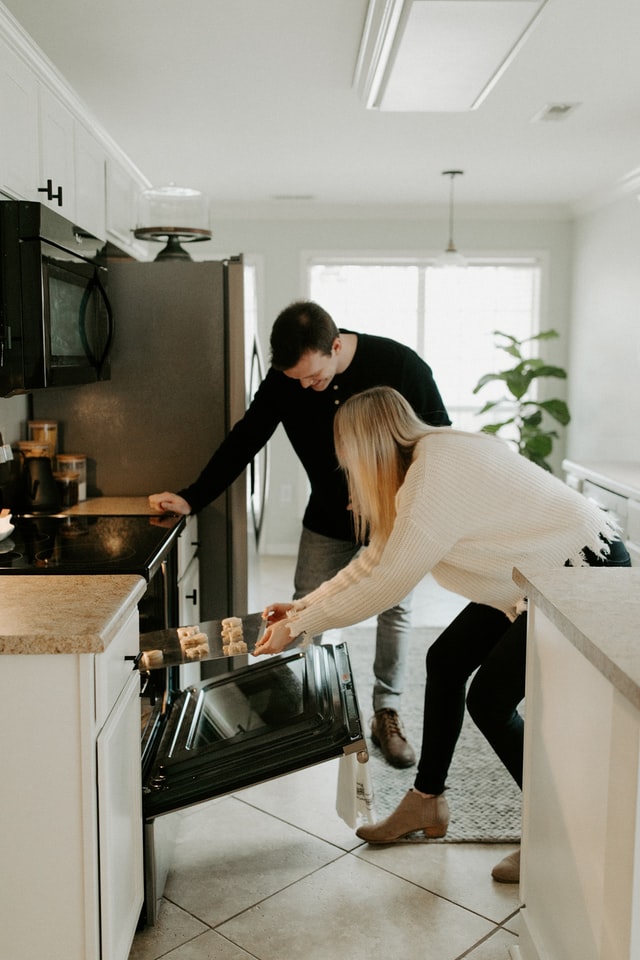
There’s a war going on, and it’s a war against short-term rentals. No matter how much hotels deny it, STRs have encroached on their territory. And they’ve been feeling the pinch. Pre and post-Covid, more and more travelers are choosing Airbnbs over hotels. Can a home-renting app really take over a centuries-old industry? Hotels vs. Airbnb – who’s in the lead? And will the battle last very long?
In this post, we take a brief look at the ongoing hotel lobby against Airbnb, how it succeeded in the past (to a certain extent), and how it can never really win.
For years, hotel executives have been downplaying the dent Airbnb has made in the hospitality industry. While they acknowledge it as a big player, they fall short of admitting it as a significant threat.
But rewind to 2016, when the New York Times broke a story uncovering how the American Hotel and Lodging Association (AHLA) attempted to rein in Airbnb, lobbying courts for stricter regulations against STRs. It also revealed how AHLA funded studies showing the detrimental effects of STRs on residential communities, and how hosts allegedly didn’t collect hotel taxes nor follow safety protocols.
The Times called AHLA’s efforts “a multi-pronged national campaign” to thwart Airbnb. It said the trade organization had a $5.6million annual budget for regulatory work and planned on focusing its efforts in key markets like Boston, Los Angeles, Miami, San Francisco, and Washington. It even forged alliances, the Times reported, with various unexpected groups in order to gain traction: politicians, affordable housing groups, neighborhood associations, and hotel labor unions.
Read also: Airbnbust, The Fall of Short-term Rentals: Real or Fake?
And their campaign managed to succeed – in certain cities. In 2019, Airbnb became heavily regulated, restricted, or made totally illegal in key cities where it was most active. According to iPropertyManagement, Airbnb’s growth either slowed down or halted in some of the platform’s top-performing cities. Between 2017 and 2019, listings fell 16.7% in San Francisco and 7.1% in New York City. Two years earlier, over 10% of all active Airbnb listings were in New York City, London, and Paris. By early 2020, less than 3% of all active listings remained in those 3 metros.
Other US cities where Airbnb is now highly regulated include Boston, Jersey, Las Vegas, Los Angeles, Miami, San Francisco, and Santa Monica.


But despite the hotel industry’s ongoing attempts to destroy the home-sharing business, it seems that Airbnb – and others like it – won’t be losing the war anytime soon. According to the latest stats, the hotel industry loses approximately $450 million in direct revenues per year to Airbnb.
Not only that. A study by Florida State University found that aside from eating into a huge chunk of hotel revenues, Airbnb is also driving down room prices and occupancy rates. Over 4 million hosts list on the platform, which now has 6 million listings in 100,000 cities and over 220,000 countries and regions of the world.
Even if you add up all the properties of the top 5 major players in the US hotel industry, they still don’t come close to Airbnb’s scale. And that massive supply has significantly affected hotels’ occupancies and room prices.
The US vacation rental market was valued at $14.32 billion in 2021. The American hotel industry is valued at more than $ 1.1 trillion.
The company value of Airbnb worldwide in 2021 was $113 billion, up from $75 billion in 2020. It is valued more highly than several individual hotel chains. As of January 2022, it had a market capitalization of over $109 billion. In contrast, Marriott’s market cap is $45 billion and Hilton’s is $30.4 billion.
In 2021, Airbnb bookings increased by 55%. It generated $5.9 billion in revenue, a 73% year-on-year increase.
It’s a hard pill to swallow for traditional hoteliers. In 2018, research showed that in the 10 cities with the largest short-term rental market share in the US, the entry of Airbnb resulted in 1.3% fewer hotel nights booked and a 1.5% loss in hotel revenue.
And over the past few years, those losses have continued to add up. HotelTechReport estimates that, in spite of restrictions, Airbnb is capturing 10-12% of travel demand in cities like New York, Paris, and London.
Other interesting stats:
Even during the Covid-19 pandemic, vacation rentals fared better than hotels. At the end of March 2020, global occupancy in hotels had dropped to 17.5% from 77%, a 77% decrease from the same period in 2019.
However, studio and one-bedroom vacation rentals saw occupancy of 36.4% compared to 66.3% in 2019, a 45% decrease. Vacation rentals with two or more bedrooms were at 32.6% occupancy, down 60.6% in 2019 – a 46% decrease.



It’s generally accepted that Airbnb offers a less expensive alternative to many hotels. An average hotel room provides a bed, bathroom, and closet with varying levels of comfort. Alternatively, an average apartment or studio offers the same amenities plus a kitchen and a living space, with some including a parking area.
Travelers can also enjoy more space. The average hotel room is around 325 square feet, while the average vacation rental spans more than 1,300. Who doesn’t want to spread out and unwind while on vacation?
Additionally, Airbnb offers almost unlimited options when it comes to types and locations of accommodations. From couches to castles, igloos to treehouses. No hotel can match the unique stays that are offered on the app, let alone their locations.
In recent years, Airbnb was able to not just strengthen its position in the vacation and short-term rental market, but it also widened and consolidated it. In 2017 it acquired Luxury Retreats for $200 million, followed by Accomable, a startup focused on travel accessibility, and a $400 million acquisition of HotelTonight in 2019.
In 2020, in spite of Covid, Airbnb became a public company via an IPO, raising $3.5 billion.
And, as we all know, travel started to bounce back in early 2021. The demand for vacation rentals increased 10% compared to pre-pandemic figures in 2019. Rental revenues even grew by 40%.
While business travel has yet to fully recover, family travel to rural destinations has soared. It’s up from 32% globally in 2019 to 42% in 2021.
There’s also a rapidly growing market for unique stays. In 2021, the number of searches for non-traditional homes on Airbnb grew 94% compared to the same period in 2019. The number of unique listings, over 170,000, has also grown 31% in 2 years.
In the summer of 2022, travel and the STR industry are expected to fully recover from the Covid shutdowns. Due mostly to pent-up demand, Airbnb is enjoying a 37% surge in average daily rates over 2019, driving its revenue 70% higher than in 2021. Shares of the company increased 4% in May `22.
Even Wall Street is forecasting very positive growth both for the company and the tourism industry. For 2023, financial analysts are projecting revenues of $8.3 billion and even profitability of $1.3 billion.
Read also: 13 Simple Ways to Boost Your Short-term Rental Income This Summer as an Airbnb Host


Hotels vs. Airbnb – is the battle even worth fighting? Some hotel chains – Mariott, for instance – seem to have realized it’s not. In fact, it has decided to adapt and compete with short-term rentals, instead of trying to take them down.
In 2019, Marriott debuted its Homes & Villas by Marriot International, a luxury home-sharing product that targets Airbnb users who prefer high-end properties. It went live with only 2,000 homes but now boasts around 20,000 premium properties in 500+ destinations around the world.
According to the American Institute for Economic Research, the hotel giant may have finally recognized that the better path was to learn from Airbnb, not help destroy it. It says,
For more insights and forecasts on the short-term rental and hospitality industries, stay glued to the Short TermSage Blog and YouTube channel. We provide you with the latest tips, tricks, and wisdom on how to start, manage and scale your Airbnb business quickly and most effectively.
Read also: Airbnb vs. Turo: 10 Critical Things to Consider Before Investing in Either One